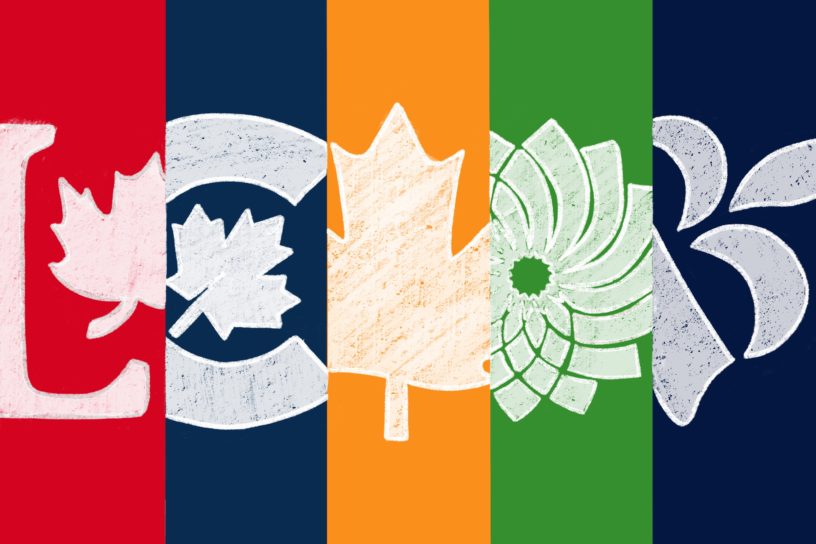By Jasmine Makar
Students at Toronto Metropolitan University (TMU) are concerned about the current state of Canadian politics and political education after the Liberal Party of Canada survived two non-confidence motions within days of each other in the last two weeks.
On Sept. 25 and Oct.1, the Conservative Party of Canada‘s leader Pierre Poilievre and Conservative Member of Parliament (MP) Luc Berthold brought forward non-confidence motions, attempting to remove the current Liberal government.
A non-confidence motion is a formal vote held in the House of commons, where MPs decide if the elected party has their support. If a majority of the MPs vote in favour of the motion, which would confirm a lack of confidence in the current leadership, it would trigger an early election.
The two motions made against Canadian Prime Minister Justin Trudeau and the Liberal Party‘s minority government did not have majority votes and the motions have not moved forward to an election or resignation.
The Liberals were able to retain their position with the support of the New Democratic Party (NDP) and Bloc Québécois. The Bloc, however, have threatened to change their vote if the Liberals do not help enact specific bills concerning pension and agriculture by Oct. 29.
Jonas Ash, a second-year criminology student at TMU said he follows Canadian politics a “fair amount” and is dissatisfied with all the political leaders who are currently in power.
“I don’t love any of the leaders who are currently in power,” said Ash. “I think that a lot of people want to harp on inflation, on high gas prices or high home prices but I think that governments are trying to address it. Could they do more? Absolutely.”
Rob Goodman, an associate professor of politics and governance at TMU, said if an election were to happen soon, there would be a shift in who controls the House of Commons.
“If elections were held today, there would probably be a pretty big switch not just in the Prime Minister, but in the party, the agenda that controls Parliament and the top national priorities,” he said.
Ash said many university students have a “surface-level” understanding of politics and “a lot of students care about politics because it’s become a trend to care about social issues.”
Goodman said students are politically engaged but the way they act on politics is what matters. He said students, more often than not, just go into the “algorithm” on social media to advocate for political issues instead of participating in “face-to-face” political engagement.
“I think the political engagement that really matters on the ground is, knowing about your local elections, knowing about elections in Canada…participating in protests and strikes or walkouts and participating as a member of a union or other community groups,” said Goodman.
Lola Notidis, a second-year psychology student, expressed how she feels students aren’t necessarily seeing the efforts of politicians in their day-to-day life in Canada.
“Considering I only hear pretty bad things about every major leader in the world, I don’t feel super confident in their abilities and I don’t really see a lot of the good,” she said.
Notidis also stressed the lack of political education available outside of a school curriculum. She said she considers this a problem because when politics are integrated within a curriculum, it can contain biases.
“I think that there should be a lot more outlets for education. I don’t feel that there are a lot of resources for learning about politics,” she said.
Nearly 40 per cent of people ages 15 to 30 are less likely to be interested in politics according to a General Social Survey conducted by Statistics Canada in 2020.
Additionally, nearly 40 per cent of people under 25 said they do not vote because of lack of information. Additionally, 44 per cent of respondents believe there should be better education surrounding voting and politics, according to a survey conducted by Elections Canada.
Despite the support for the Liberals in the non-confidence vote, the NDP ended their supply-and-confidence agreement with the Liberal Party on Sept. 4. This came before the scheduled end of the deal in June 2025. The original agreement was aimed at delivering key policies, including a dental plan and pharmacare.
In a video announcement, Jagmeet Singh, leader of the NDP, explained the party’s decision to end their agreement early because the Liberals “let down Canadians” and display “corporate greed.”
Students can find more information about current federal policies, changes and developments on the House of Commons website.












Leave a Reply